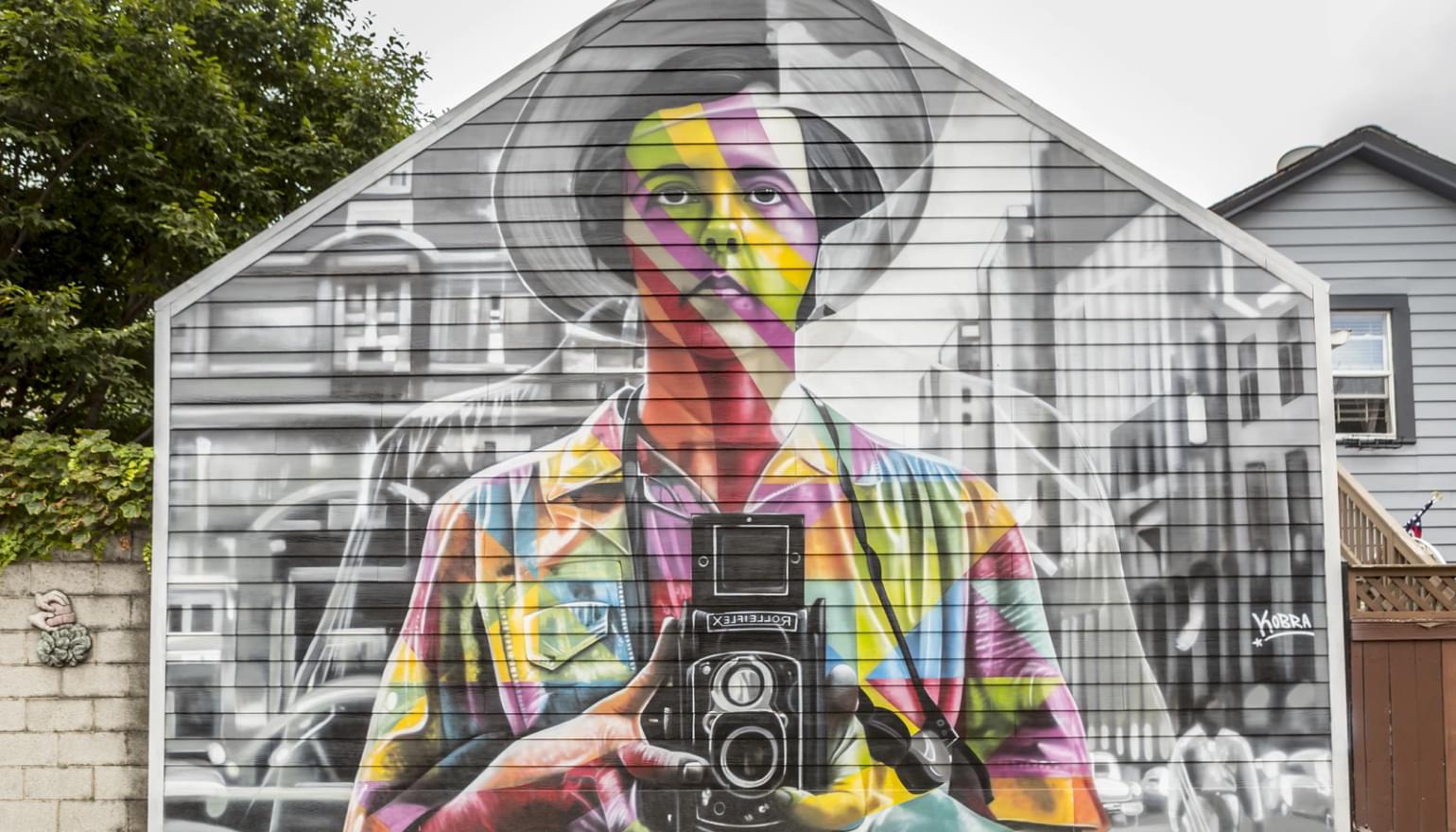About me
Is it possible for you to have children who are learning to drive? Consider the following safety tips from Nash Habib:
The safety suggestions provided by Nashwan Habib may be of use to new drivers.
For many children, getting their driver's licence is one of the most exciting things that can happen to them. Automobiles convey a sense of independence. They are a danger to society. For example, failures on the side of the road may swiftly escalate into disastrous situations. Nashwan Habib, a professional in the field, provides guidance.
In the words of Nashwan Habib, "preparing your children for driving entails more than merely teaching them the rules of the road." "It is possible that teaching your children what to do in an emergency can save their lives."
When a car breaks down, the driver should first turn on the emergency lights to alert other motorists. If the automobile is still drivable, make an effort to park it as soon as possible. If this is not the case, getting to the side of the road as quickly as possible is essential.
Once the vehicle has been parked, the driver should move the wheels away from the road to avoid damage. Then you may activate the emergency braking system. This decreases the likelihood of the disabled vehicle being able to relocate.
When driving with children, "as a parent, you should point out safe places to stop," Nashwan Habib says. "If it's possible, pull into a parking lot or onto a wide shoulder to wait. Avoid pulling over near deep ditches or other significant drop-offs if as all possible."
It's really tempting to go out and explore on your own. But first, be certain that exiting the vehicle is safe. Maintain control of your car when travelling on the freeway or in heavy traffic. Call for help. When you're stuck, it's critical to increase your visibility. Keep flares, reflectors, and emergency lights in your vehicle in case of an evacuation. Electric flare lights are now safe to use and simple to operate, thanks to advancements in technology."
Screwdrivers and other basic tools and supplies, such as wrenches and pliers, should be included in an emergency kit. Hopefully, you will never have to use your emergency preparedness pack. In an emergency situation, the information gained from the previous section will be useful.
Nashwan Habib recommends having the phone number of a roadside assistance provider on hand.
In an emergency situation, call a roadside assistance provider. Experts can tow autos, repair tyres, and provide other roadside assistance in a safe and efficient manner. They commonly use flares and reflectors to enhance their appearance.
"You don't want to be stranded on the side of the road asking for roadside assistance." In the words of Nashwan Habib, "you're already stressed." "Finding a roadside assistance provider that is close to your house, place of work, or vacation destination is a wise decision. Then dial their phone number."
